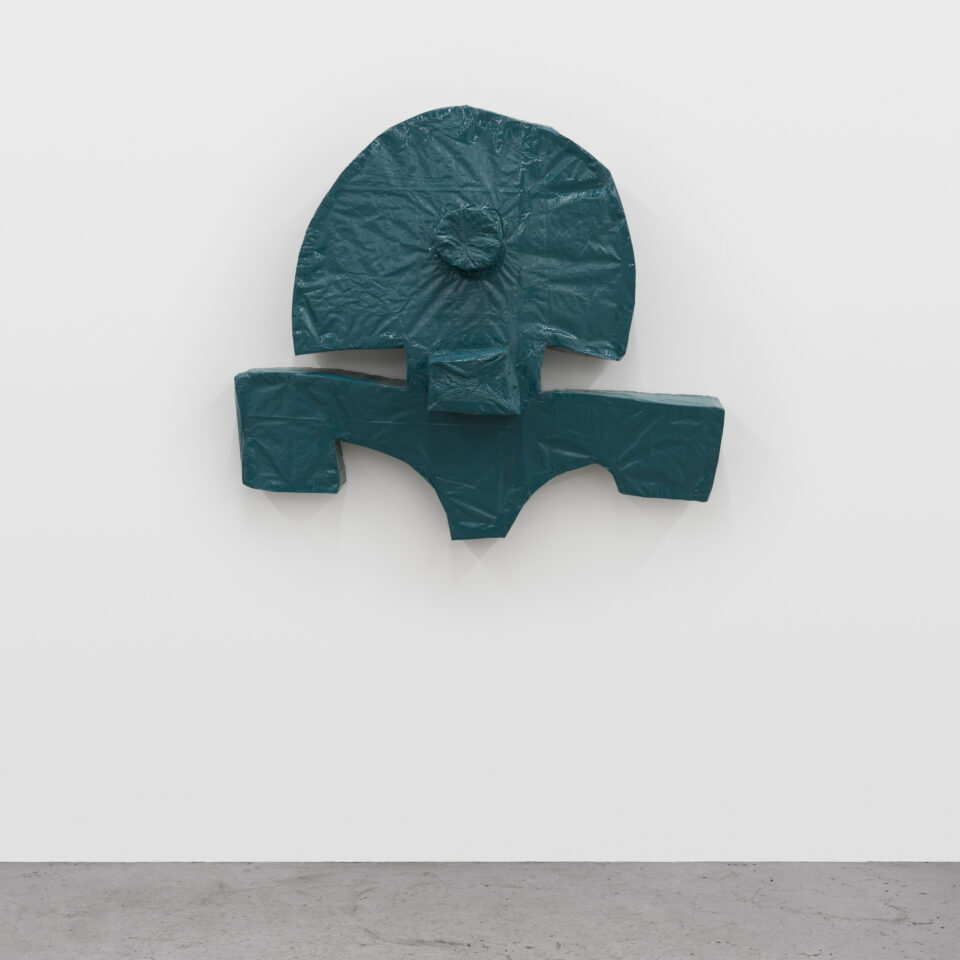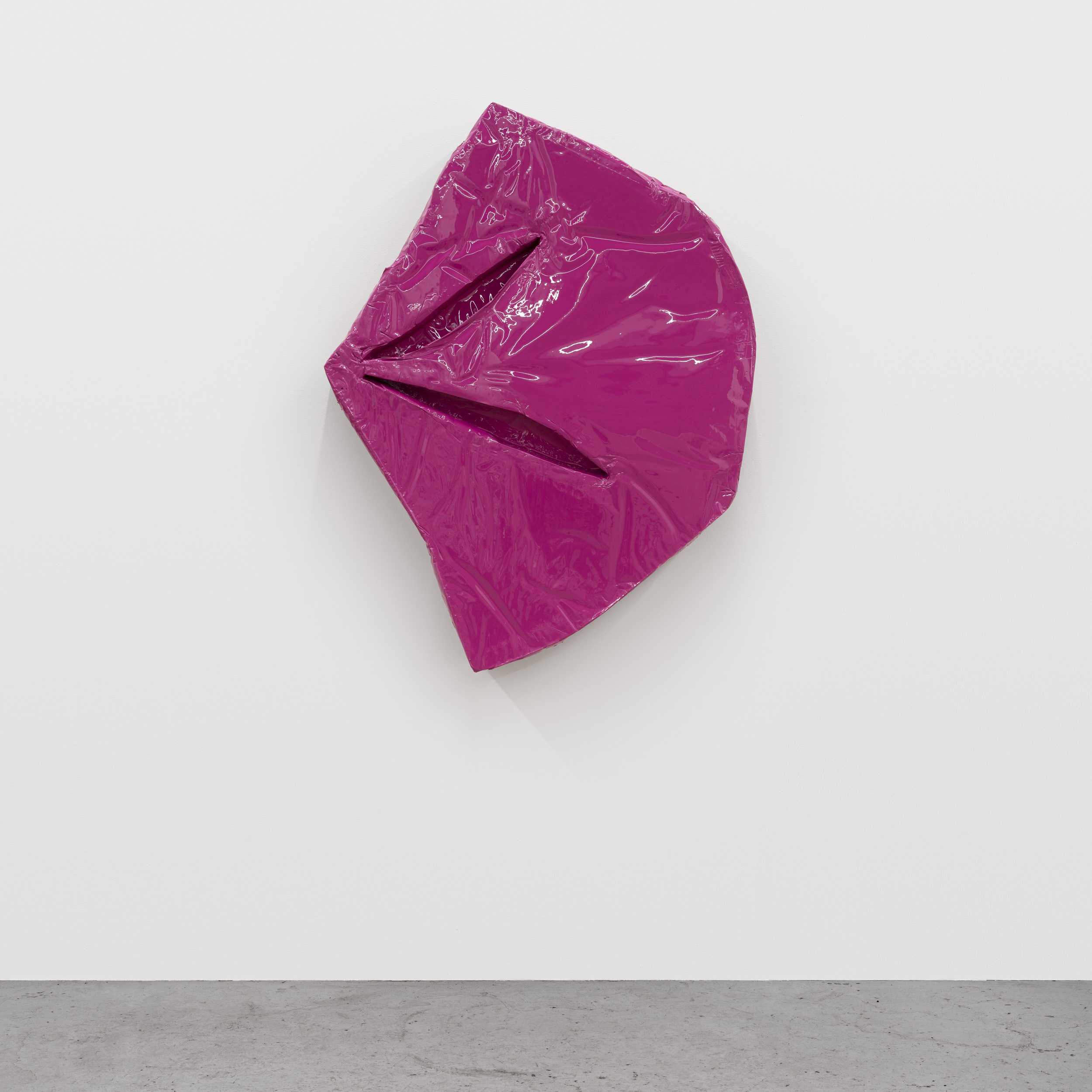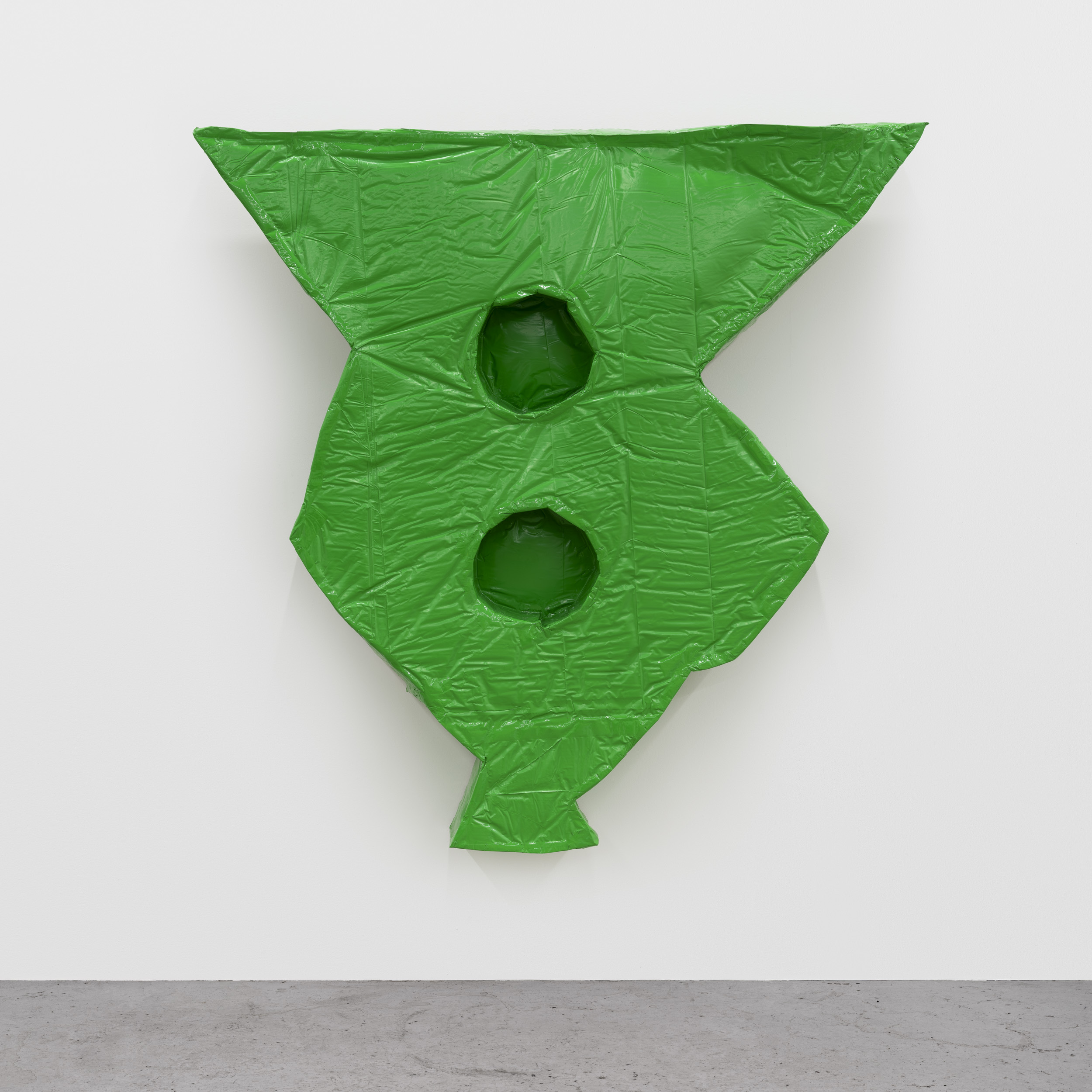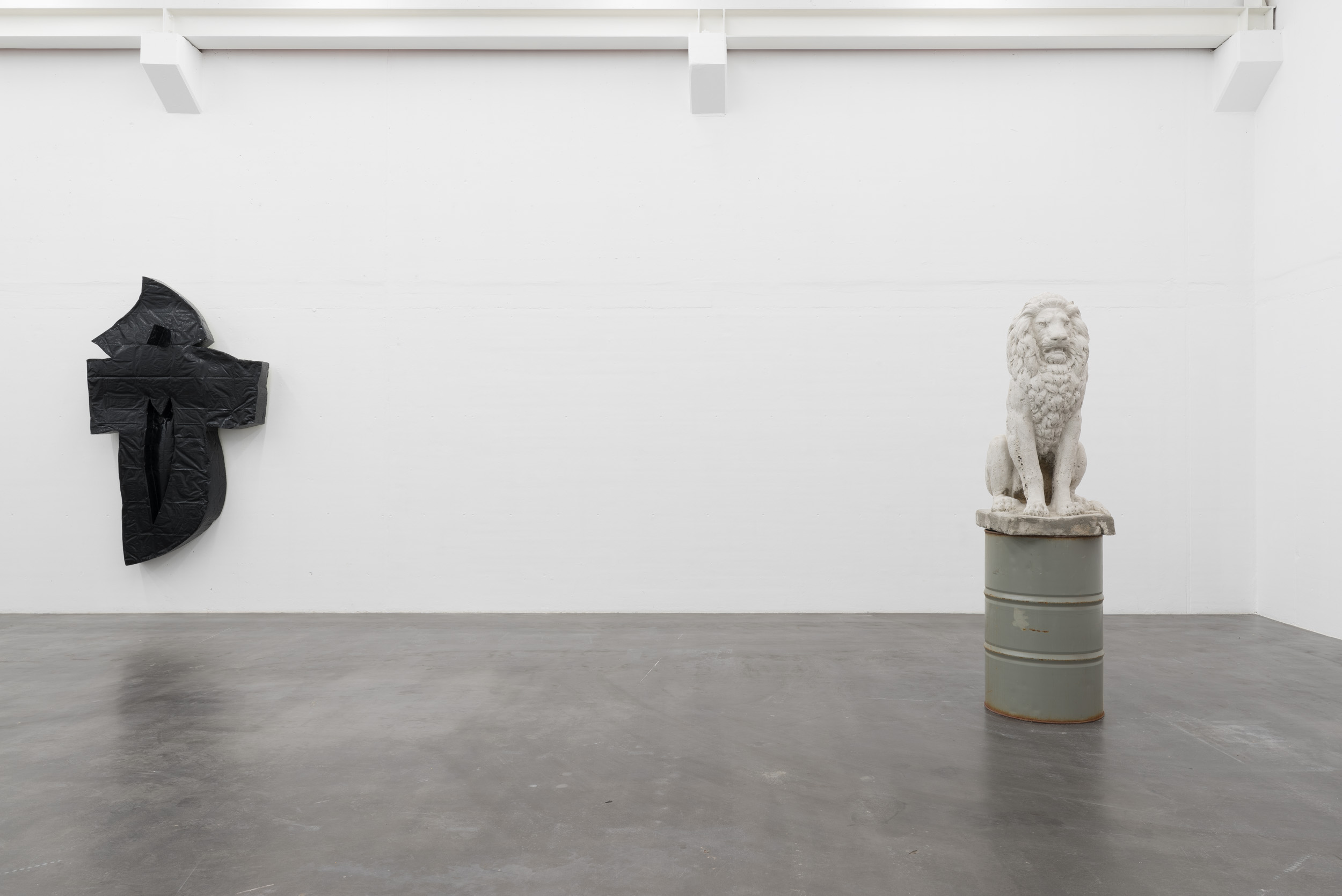Daniel Boccato on SundayS
Daniel Boccato’s faceworks series. Inaugurated in 2015, Boccato’s faceworks can be considered a peculiar interpretation to Donald Judd’s characterization of Specific Objects as entities that are neither paintings nor sculptures. Made of epoxy, fiberglass and polyurethane, Boccato’s faceworks are monochromatic reliefs, wall-mounted vertical topographies whose varying scale and formation accentuate a blown-up image of a cartoon-like face in the midst of spastic expression. Unlike the abstract Minimalism of Judd’s Specific Objects, Boccato’s faceworks culminate in a row of subjectively figurative images which represent the confrontational complexity of the face.
This complexity is represented in several ways. Boccato’s faceworks are frameless. It is as if they were stiffened and frozen in the course of growth and expansion. As such, they react to the boundlessness of the face as an agitated dynamic topography. In addition, the faceworks are also headless, detached from the support of a head. They address the uncontainable nature of the face as an emergence that cannot be delineated within a head. They tell us something deep about the face of the other, or rather, about the absolute otherness of the face, the transgressive energy of its appearance in space. Boccato’s engagement in defamiliarized and fragmented facial expressions carries his work away from the Minimalist context and reveals its affinity to Surrealist art and specifically to the Surrealist fascination with dissociated face parts (Man Ray’s hovering lips can serve as one example out of many more which come to mind).
Boccato’s interest in defamiliarization takes a different route. The second series presents a new group of works. Begun in 2018, the group consists of concrete cast sculptures depicting sitting lions, which, similarly to the face reliefs, stare at the viewers, inviting their eye contact. The sitting lions are lifted off the floor, placed on the upper surfaces of ready-made elements and objects which the artist utilized as pedestals. The defamiliarizing effect of the lions is double. As replicas of garden lions or of gatekeepers, they rearrange the gallery’s inner space into a web of thresholds between indoor and outdoor spaces. At the same time, when positioned above ground, the sitting lions also revive the heraldic symbol of a rampant lion. As a result, they transform the space into an indeterminate situation transcending the conventional distinctions between the inanimate and the revived, the symbolic and the actual, the imaginative and the material.
Much like the faceworks, the lionworks don’t translate the world into images, but materialize images into three-dimensional phantomic presences in real space.
Ory Dessau
Tags: daniel boccato











